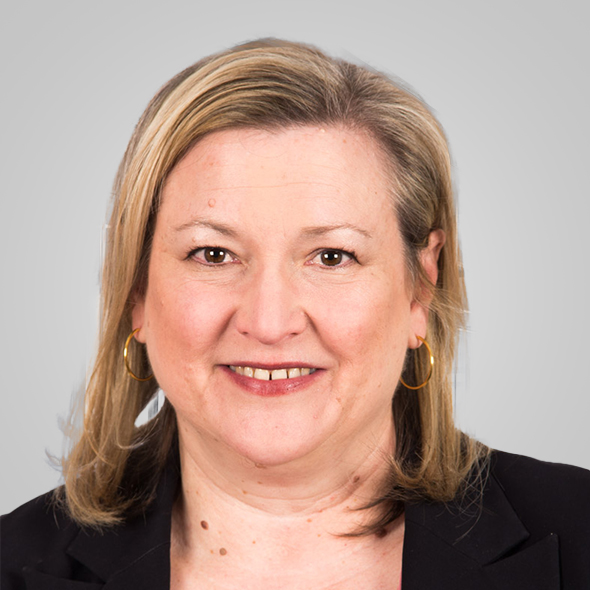Q&A with Ann Sherry AO FAICD, who co-chairs the NAB Indigenous Advisory Group with Tanya Hosch.
What steps is NAB taking to maintain momentum during the reconciliation process?
A common part of trying to drive change is ending up with a shopping list… [but] in trying to do 100 different things, you risk not getting anything done. It just becomes a set of good intentions. Good intentions are important, but ambition and actions that are effective are more so.
Last year, NAB CEO Andrew Irvine — who was running Business and Private Banking at the time — set a new target to more than double lending to First Nations businesses and community organisations, to at least $1 billion over the next three years. [This] will create wealth for more Aboriginal and Torres Strait Islanders.
What goals is NAB shooting for in terms of advancing reconciliation?
We’re focusing on three big things. Firstly, supporting First Nations businesses — backing their ideas and potential, by finding innovative ways to provide finance to those who traditionally have been unable to access capital.
Secondly, building our cultural capability and creating meaningful careers. This means getting recruitment and retention right. We can’t serve First Nations customers well if we don’t have representation in our workforce, at all levels.
Thirdly, we know we need to support the self-determining rights of First Nations people by listening and engaging respectfully.
How does the theme “Now More Than Ever” resonate with you personally?
Across a lot of the landscape of First Nations communities and people in Australia, the business community has made a lot of promises, most of which we haven't delivered on. It’s never been more pressing to focus on the areas where we can have the most impact. Many Australians don't have much direct experience of working with First Nations communities. But I’ve been involved in this for about 20 years and in that time, so much has changed. At QUT [where Sherry is Chancellor] we have more than 1000 First Nations students studying everything from business and law to social work and teaching. That would have been unimaginable 20 years ago.
What changes have you seen in employee engagement and corporate culture as a result of the Reconciliation Action Plan?
We’ve seen people become more interested in understanding First Nations culture. As we continue to process the hurt and devastation many First Nations people have felt after the [2023 Australian Indigenous Voice] referendum, we can take some comfort in the fact that a lot more Australians now know more about 65,000 years of history and culture. In the lead into the referendum, a lot of effort was put into having very broad, deep conversations in the organisation. Despite the outcome, we are now building from a much greater level of understanding.
What strategies are effective in sustaining engagement and momentum in the reconciliation process, especially during challenging times?
Hearing the voices of people in the areas that you say you’re going to be doing things for — and being open to frank feedback — is very valuable. Fifty per cent of the members of our First Nations Advisory Group are Aboriginal or Torres Strait Islander. They include co-chair Tanya Hosch, who is executive general manager of Inclusion and Social Policy with the AFL. She’s very experienced in complex, public-facing organisations. Then there’s Nareen Young, who’s Professor for Indigenous Policy at UTS. She’s been a diversity advocate for a very long time. Darren Godwell MAICD is a First Nations entrepreneur and gives us first-hand insight into what our business customers and community leaders want and expect from us. These are deeply respected people who are generous with their time. They’re prepared to help us be better.
#NRW2024: Now More Than Ever
Already a member?
Login to view this content



.jpg)